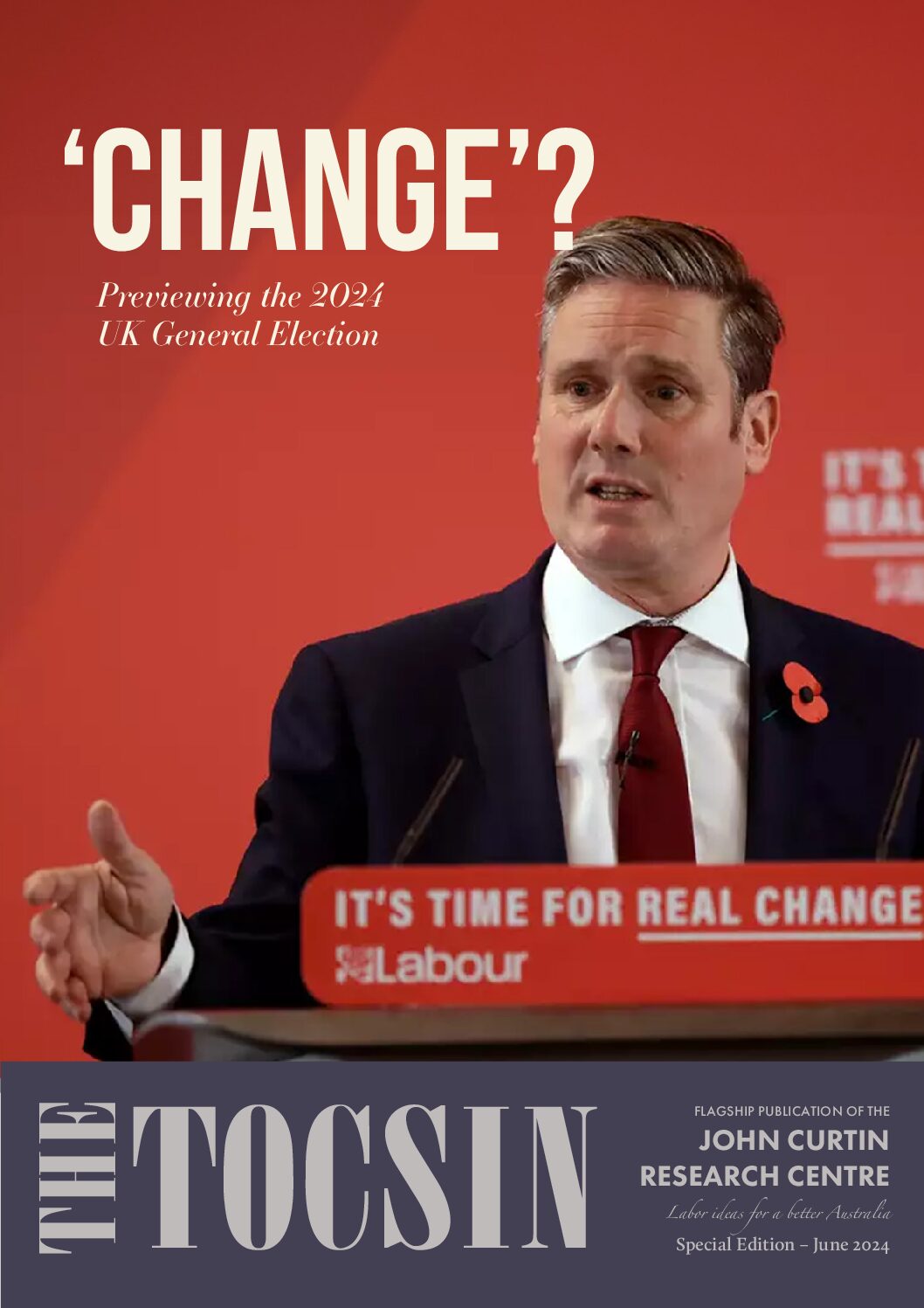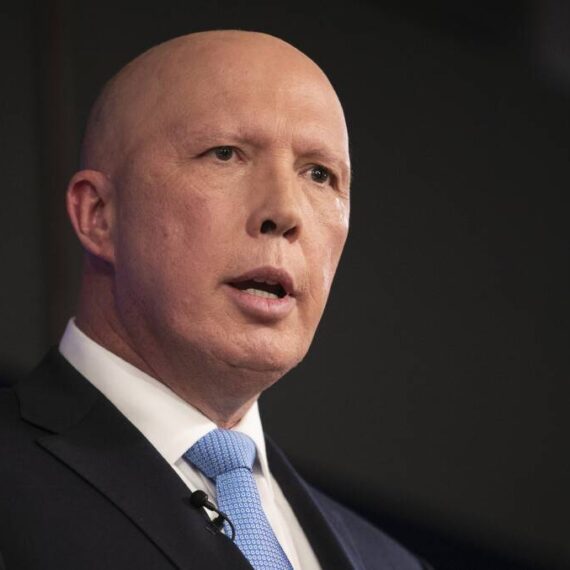The Albanese-Labor government will warmly welcome the Christmas and summer holiday break.
Economic troubles have conjoined with Peter Dutton’s brutal exploitation of national security issues to see it slide in the polls.
Still, the most likely outcome in 2024 or 2025 is a narrow election victory or minority Labor government.
The latter would be a disaster for Labor, reliant upon the Greens, a larger and more militant version of the minor party that entered into a de facto alliance with Julia Gillard’s minority government after 2010.
And didn’t that end well?
Australians will now take a closer look at what a Dutton prime ministership might mean for them and their country. For its part, if Albanese Labor was hitherto inclined to dismiss Dutton as unelectable, it should think again.
As I wrote in May 2022: “An election held in 2025 won’t be shaped by Dutton’s dome, but factors such as looming stagflation will place economic security, rising fuel and electricity prices, housing stress and interest rates at the front of mind for outer-suburban voters, alongside national security. Demonising or underestimating Dutton, unlikely as it may seem to some, may counterintuitively appeal to the ‘suburbs, families and small businesses’ Dutton pinpointed on election night … Therein lies the danger for a triumphant Labor.”
Is Peter Dutton, if he can win in 2024 or 2025, another Tony Abbott, a ruthlessly negative Opposition Leader who was constitutionally incapable of making the transition to governing?
Or a policy-free zone a la Scott Morrison reliant upon slick marketing slogans?
If we assume Dutton could form a government at the next election, overcoming the Coalition’s problems with younger people, women and ethnic voters, what would it do differently and is it equipped intellectually and policy wise for the treasury benches?
The jury is firmly out, despite Dutton possessing vast ministerial experience – as assistant treasurer under John Howard, health minister under Abbott and later turns at immigration, home affairs and defence.
This is not an academic exercise. It matters whether the opposition of the day has done the policy hard yards.
Arguably not since Kevin Rudd’s Labor team of 2007 has an incoming government possessed a track record of crafting intellectually coherent policies and the narrative ability to bring them together as a whole.
Bill Shorten’s Labor opposition had done likewise, but its muscular nation-building social democratic and mildly redistributive agenda was snubbed by voters in 2019.
Take housing. As a senior Liberal Party friend recently quipped to me via SMS, ‘Who is the opposition shadow housing minister? Answer: Greens party spokesman Max Chandler-Mather’. Ouch.
Michael Sukkar, the man ostensibly responsible for this critical portfolio, is missing in action. Yet this is the greatest public policy challenge Australia has tackled, aside from climate and COVID-19, since the end of World War II.
What would a Dutton government do to tackle the housing affordability and supply crisis?
Senator Andrew Bragg has bizarrely floated allowing people to raid their superannuation accounts to top up mortgage offset accounts.
Aside from that idea and reports of ‘working groups’, it’s the Seinfeld show about nothing. Yet the Coalition holds four out of 45 inner metropolitan seats and 14 out of 42 outer metropolitan seats.
Ten years ago, the Coalition held almost the same number of inner metropolitan seats as Labor and more outer metro seats. It’s housing, stupid!
Or consider Medicare, a sleeper cost-of-living issue with the potential to cause the Albanese government severe damage.
Australians looking for a bulk-billing doctor might as well search for a unicorn. People are paying the highest gap fees since Medicare’s inception and treating doctors’ visits as a discretionary expense.
The proportion of the cost of GP visits funded by bulk billing, according to the latest October data, is at 84.58 per cent.
Health Minister Mark Butler, however, says the true bulk billing figure is about 64 per cent. Australians are being forced into overburdened public hospital emergency rooms instead, costing taxpayers a fortune.
Saving Medicare should not only be Butler’s first and last thought of the day, but also become an obsession for the opposition’s MIA shadow, Senator Anne Ruston.
The Coalition would be well advised to look up the meaning of two words – industriousness and triangulation.
It’s time for hard policy work and time to think creatively – to triangulate – for instance outflanking Labor to the left on material issues such as cost of living, housing and Medicare.
Here’s one prescription on the latter for both sides: Bulk billing should not be optional or need to be ‘incentivised’.
Make it compulsory with severe penalties otherwise. It’s ethically right, good economics and the best protection of scarce taxpayer monies, well, taxpayer money can buy.
Australians are poorly served by slothful oppositions, leading to a merry-go-round of governments enjoying short-lived honeymoons, policy paralysis and electoral woes.
If this vicious cycle is not snapped, Australia’s destiny is the permanent ending of majority government and the rise of extremist parties and dangerous demagogues.
In recent weeks, the Dutch people turned Geert Wilders’ far-right PVV into the nation’s largest parliamentary party – notably young people.
On another continent, Argentina booted the Peronists in favour of an eccentric libertarian President Javier Milei.
Latin America’s third-largest economy has experienced three decades of perpetual crisis.
Australia, despite a decade and a half of revolving door prime ministerships and reform torpor, has avoided such a fate, but for how long?
Et tu, Peter Dutton?
See Nick Dyrenfurth’s feature opinion in The New Daily.
Nick Dyrenfurth is Executive Director of the John Curtin Research Centre.





